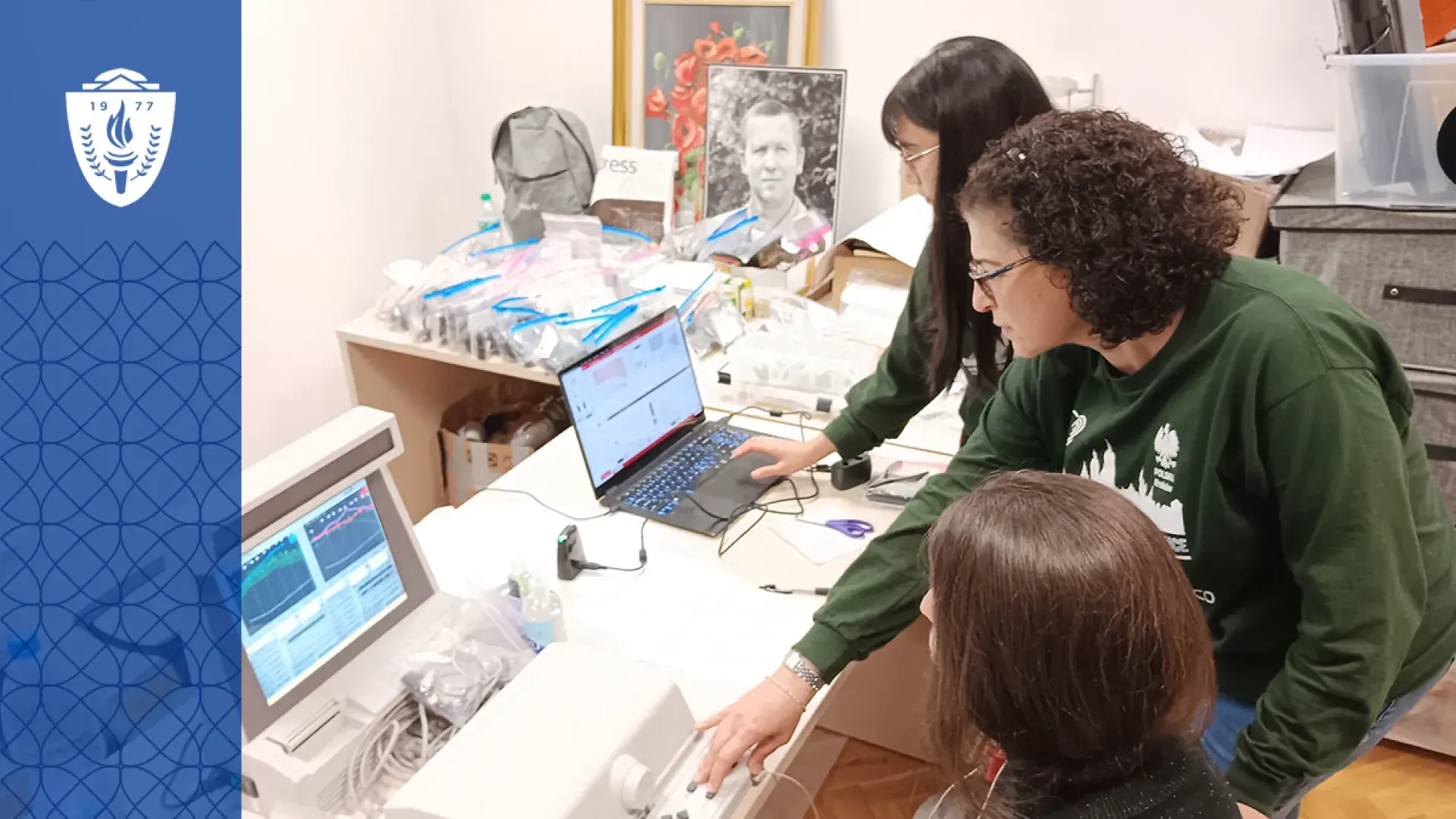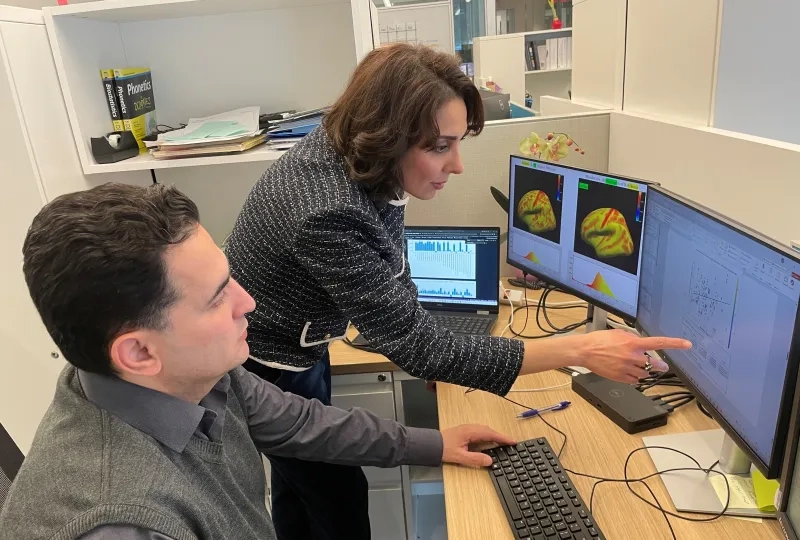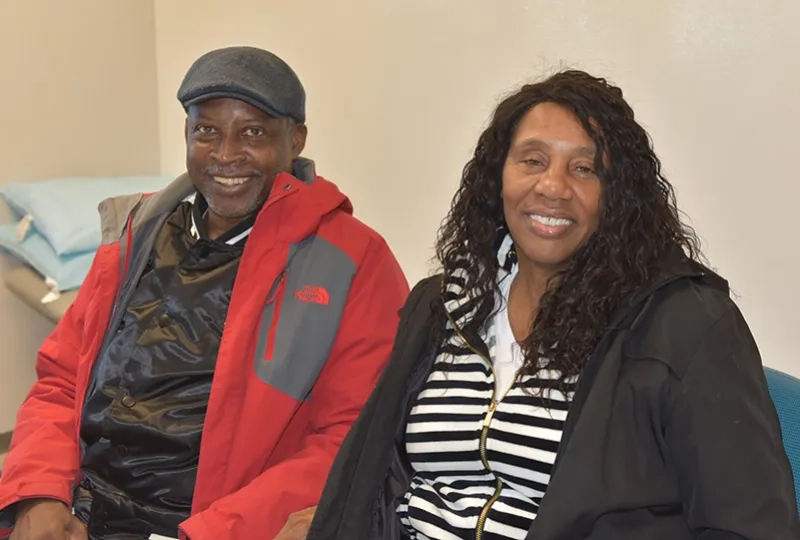
Becoming an audiologist requires dedication, education, and a passion for helping people. In this blog, we share steps and considerations involved in becoming an audiologist.
Understanding the Role of an Audiologist
First, it is crucial to understand the role audiologists play. Audiologists specialize in the diagnosis and treatment of hearing and balance disorders. Their expertise extends to several areas, including hearing assessments using behavioral and objective tests, hearing aid evaluations and fittings, hearing conversation and protection, tinnitus assessment and management, balance assessments and rehabilitation.
Educational Foundations: Pursuing a Bachelor's Degree
The first step in the journey to become an audiologist is to earn a bachelor's degree. While there is not a strict requirement for a specific major, many aspiring audiologists choose fields such as communication sciences and disorders, biology, physics, or psychology. A strong foundation in these areas provides the necessary background for advanced studies in audiology.
Doctoral of Audiology Degree: The Entry-Level Requirement
The entry-level requirement for becoming an audiologist is the completion of a Doctor of Audiology (Au.D.) degree. The graduate programs need to be accredited by the Council on Academic Accreditation in Audiology and Speech-Language Pathology (CAA) or the Accreditation Commission for Audiology Education (ACAE) to ensure that graduates meet the necessary standards of education.
Au.D. Program Coursework: Acquire Specialized Knowledge
The curriculum of an audiology program is designed to build specialized knowledge and skills in the field. Key components include:
- Acoustics and Psychoacoustics
- Anatomy and Physiology of the Auditory System
- Auditory & Balance Disorders Assessment and (Re)Habilitation
- Amplification Technologies
- Counseling
- Educational Audiology
- Industrial Hearing Conservation & Protection
- Tinnitus Assessment and Management
Clinical practicum experiences are typically offered throughout the Au.D. program with the last year of study engaged in full-time externship clinical training. The MGH IHP Au.D. curriculum is a good example to get an idea of the courses you will need to take.
Audiology Externship: Real-World Training
A crucial component of audiology education is the clinical placement and external practicum training. The hands-on clinical experiences allow students to apply their knowledge learned in classrooms to real-world settings, working directly with patients under the supervision of experienced audiologists. Externships provide exposure to various aspects of audiology that would further improve the clinical competency of the students.
State Licensure: Meeting Regulatory Requirements
After completing the educational and clinical requirements, audiologists must obtain state licensure to practice. Licensure requirements vary by state but typically include completing the Au.D. education at an accredited university/institute, accumulating the required minimum clinical hours, and passing a national or state-specific examination. The state licensure and maintenance requirements might be different, it's essential for aspiring audiologists to research and understand the requirements in the state where they intend to practice.
Specialization and Continuing Education: Nurturing Expertise
Many audiologists choose to specialize in specific areas within the field, such as pediatric audiology, cochlear implants, or balance disorders. Specialization often involves pursuing additional certifications and continuing education to stay current with advancements in specific areas of the field. Audiologists committed to ongoing learning contribute to the continual improvement of healthcare for the general public and for individuals with auditory and balance disorders.
Audiology Research and Publications: Advancing the Field
Engagement in research is a hallmark of a well-rounded audiologist. To impart understanding of the research process and to encourage research activities, most Au.D. curricula have capstone projects in which students conduct various forms of research activities. Students and audiologists may publish their findings in academic journals, present at conferences, and contribute to the collective knowledge of the profession.
MGH Institute of Health Professions offers a teaching and clinical partnership with Mass Eye and Ear, part of the Mass General Brigham system. At the forefront of audiology education and research, this collaborative effort ensures students receive a comprehensive education. Students also have access to clinical placements in world renowned hospitals, school systems, and audiology clinics in the Greater Boston area. Blending theoretical knowledge with outstanding clinical experiences, the program prepares students to make a lasting impact on the lives of the general public and individuals with ear and hearing disorders.
Becoming an audiologist is a journey that combines rigorous education, clinical training, a passion for helping people, and a commitment to ongoing learning. Aspiring audiologists should carefully consider each step, from the choice of undergraduate major to the selection of an accredited graduate program, on their way to join this fulfilling and highly in demand profession.



